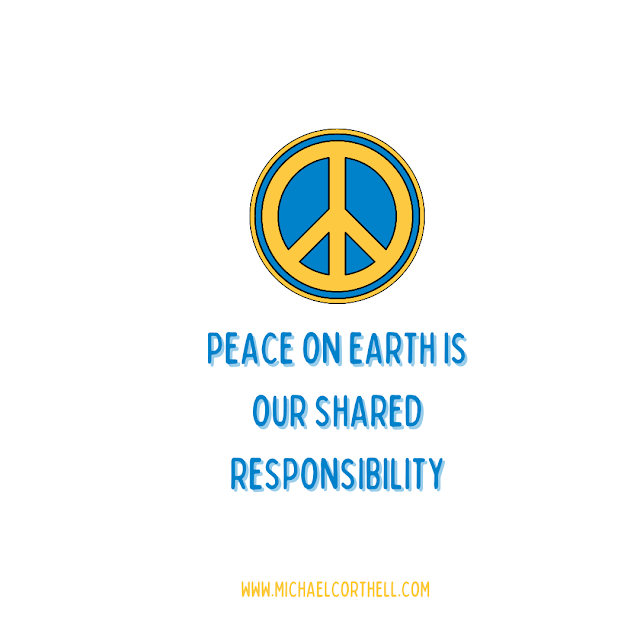To bring about change in the world, it is essential to start by changing ourselves. Thus, if our goal is to attain global peace, we must first discover it within ourselves.
This is achieved through a transformation of our mindset, which consequently influences our personal lives and the overall state of the world.
In essence, to alter our circumstances on a global scale, we must initially transform our inner realm. Our thoughts, encompassing both positive and negative aspects, serve as the driving force behind our actions.
Beneath the captivating beauty that surrounds us, there exist immutable natural laws governing the existence of all things. Adhering to these laws enables us to achieve harmony and equilibrium, allowing us to foster our own beauty and balance. Conversely, disregarding these laws results in disharmony, chaos, and potentially even destruction.
7 Laws of the Universe
Happiness is not a matter of rushing through a life of intense activity, it is a life of balance, order, rhythm, and harmony.
Live your life from the inside out. How we run our lives is a reflection of our inner thinking. When we create harmony in our mind and body, we experience harmony in our outer world too. This means being constantly aware and letting go of negative thoughts and negative patterns of thought that may block harmony. Harmony fosters love, success, and abundance so they all can flow into our life easily.
About Yin and Yang (translated: dark/bright). Duality is found in many belief systems. Yin and Yang make up the 'oneness'. In our Western, success/consumerism culture, yin and yang are out of balance. In American culture particularly it takes extreme dedication to balance our lives, find inner peace, and harmony. We all have to balance work and play, activities and rest, excitement and contentment, ambition and acceptance, materialism and spirituality in order to have stable, happy lives.
'Roll with it baby' ― go with the flow. There are cycles in nature. The sun rises and it sets. The moon gets full and then it wanes. Seasons come and seasons go. There’s a time for everything. To live in harmony is to learn to live with the flow of life rather than go against it.
''The person who enjoys great pleasure will also be subject to great suffering. The person who feels little pain is incapable of feeling extreme joy."
_____________

Comments
Post a Comment